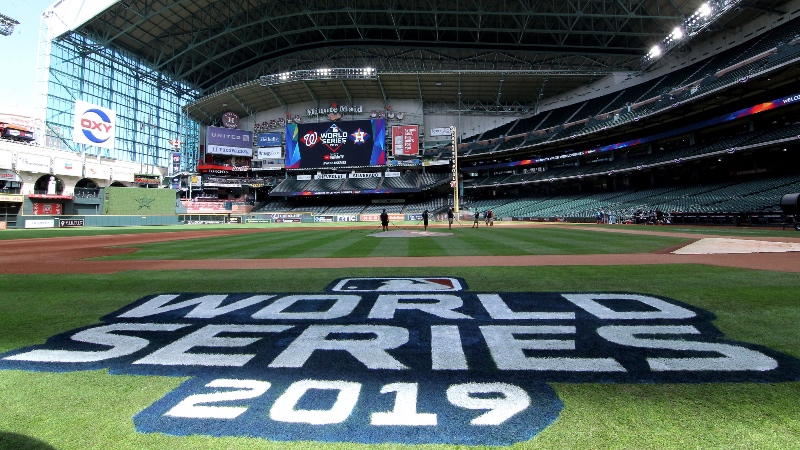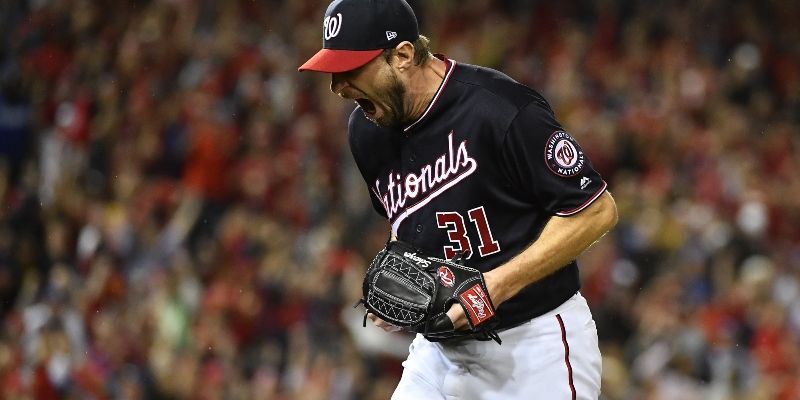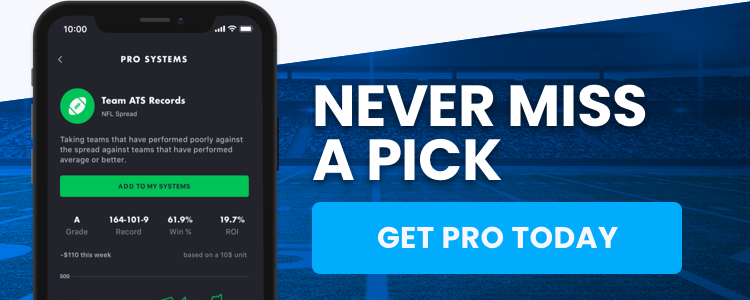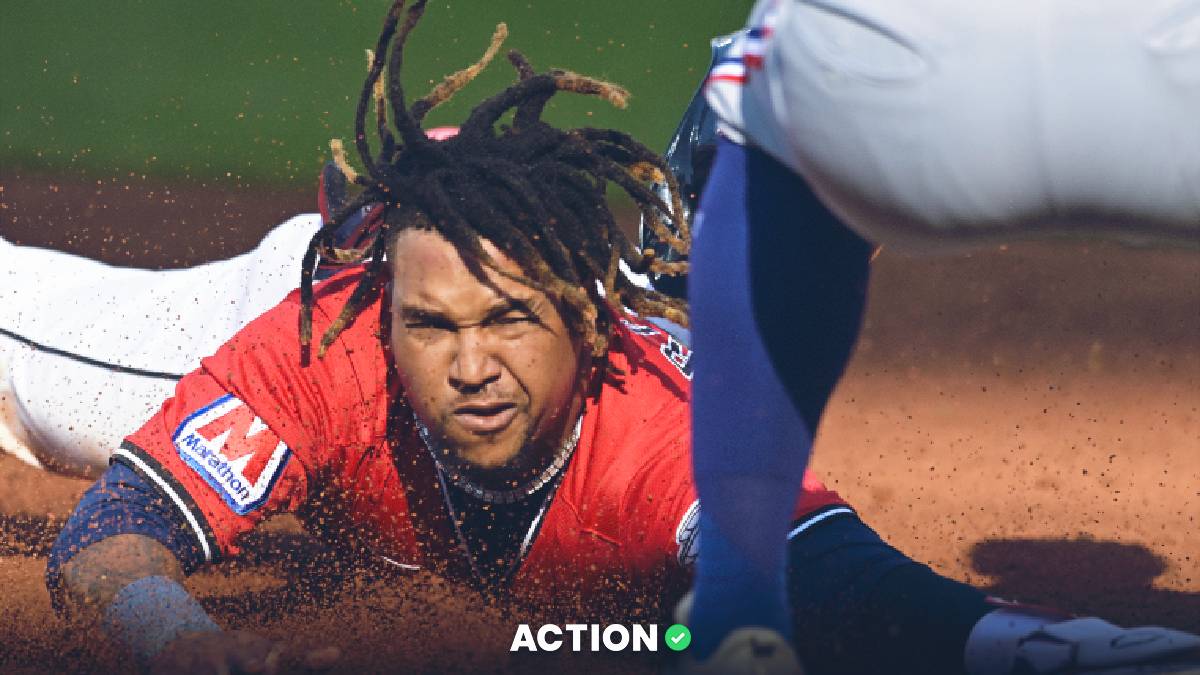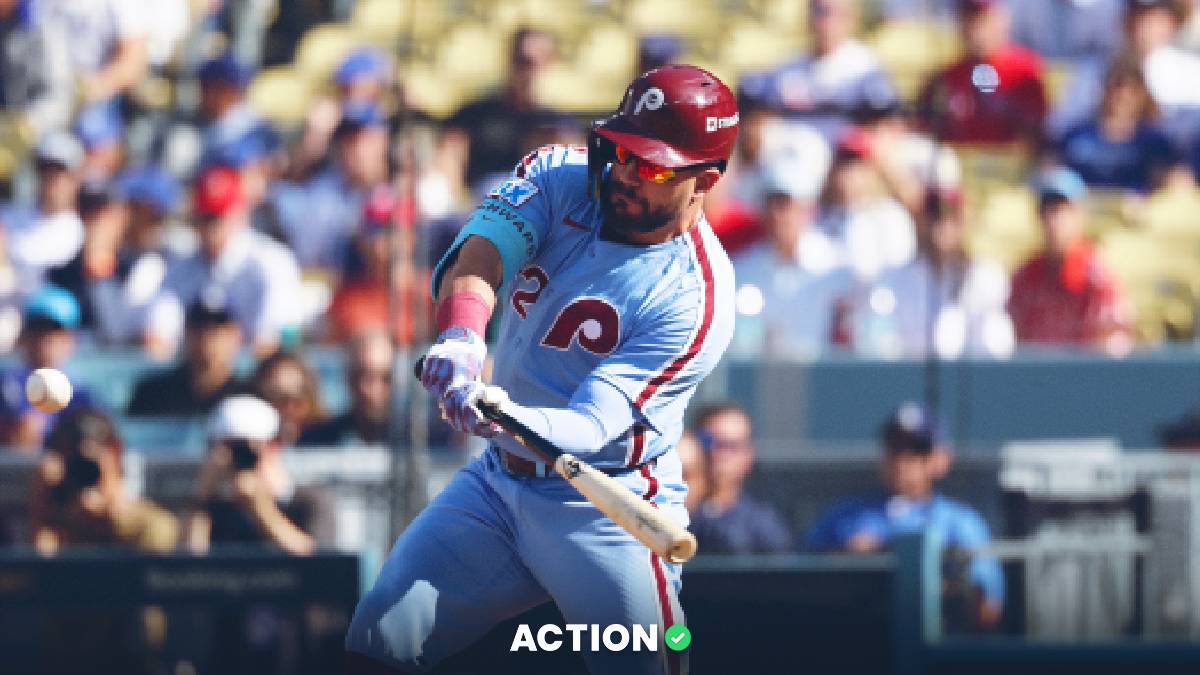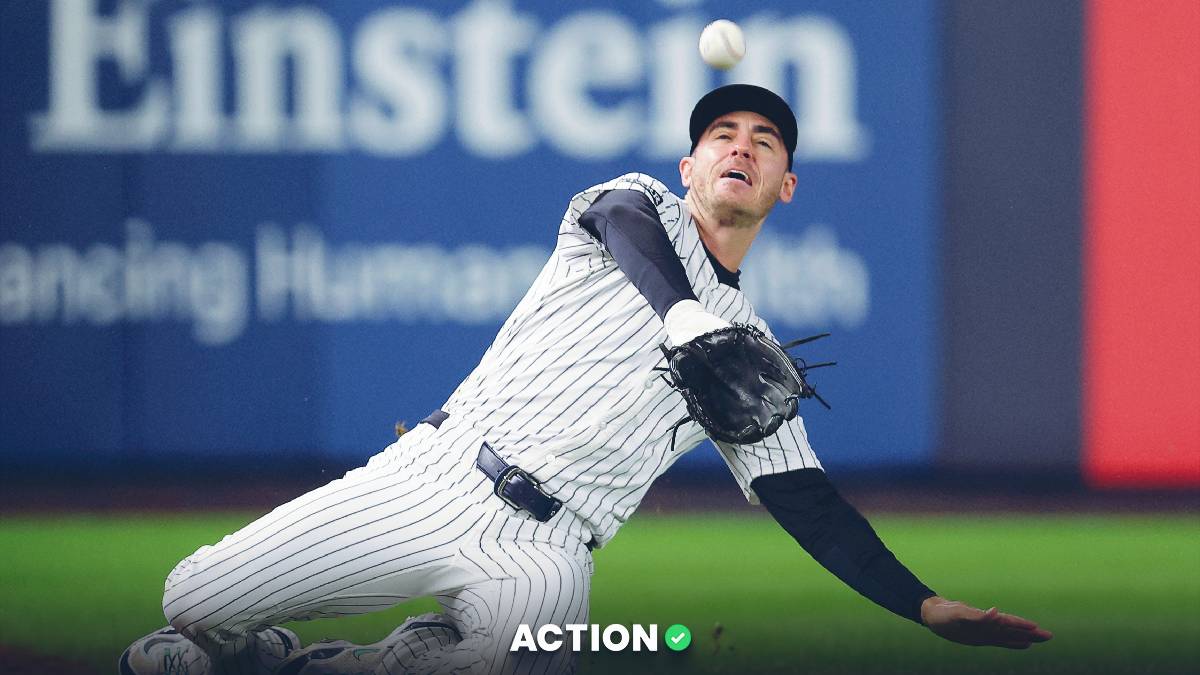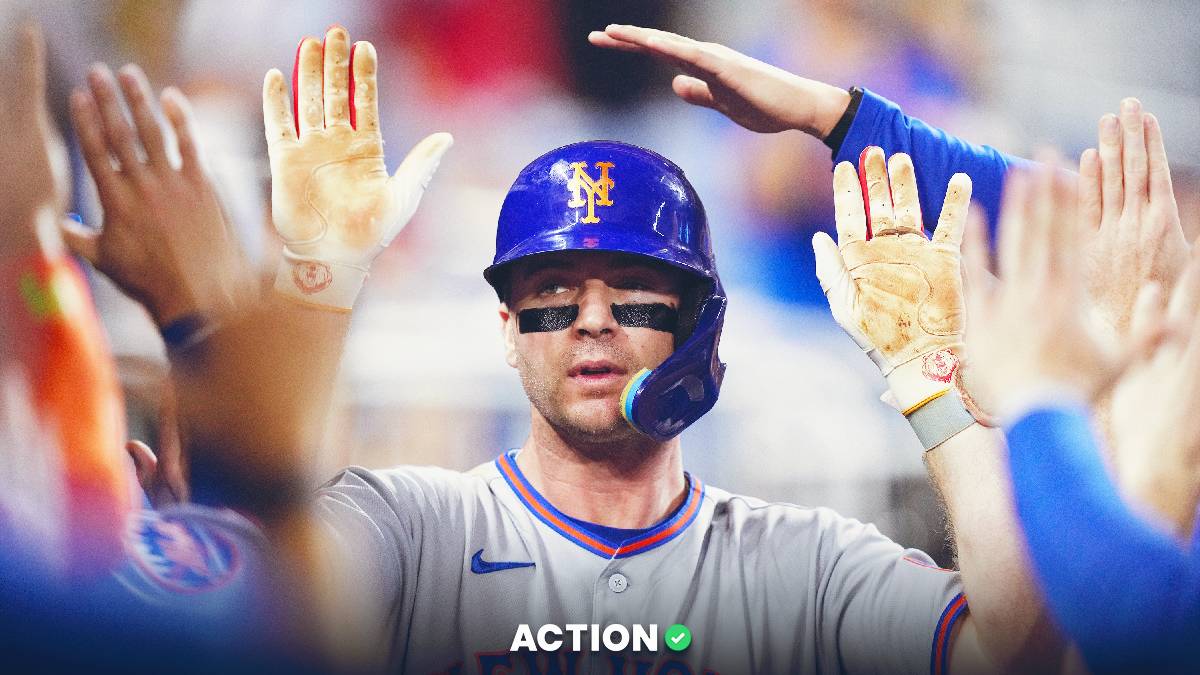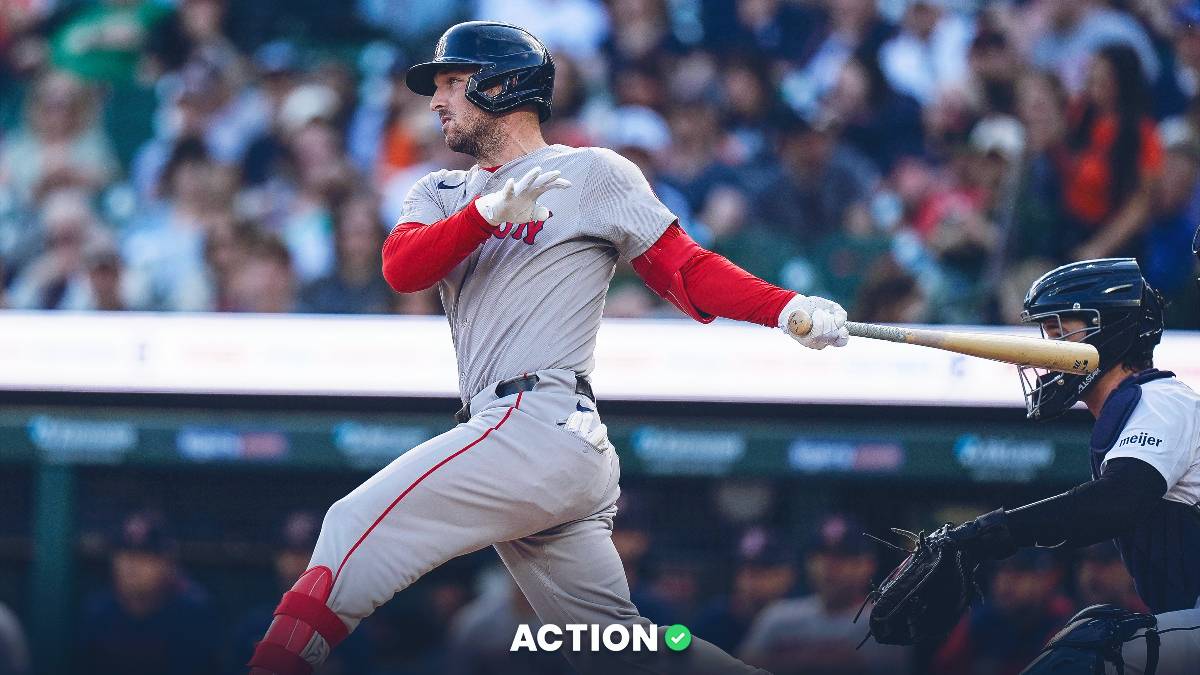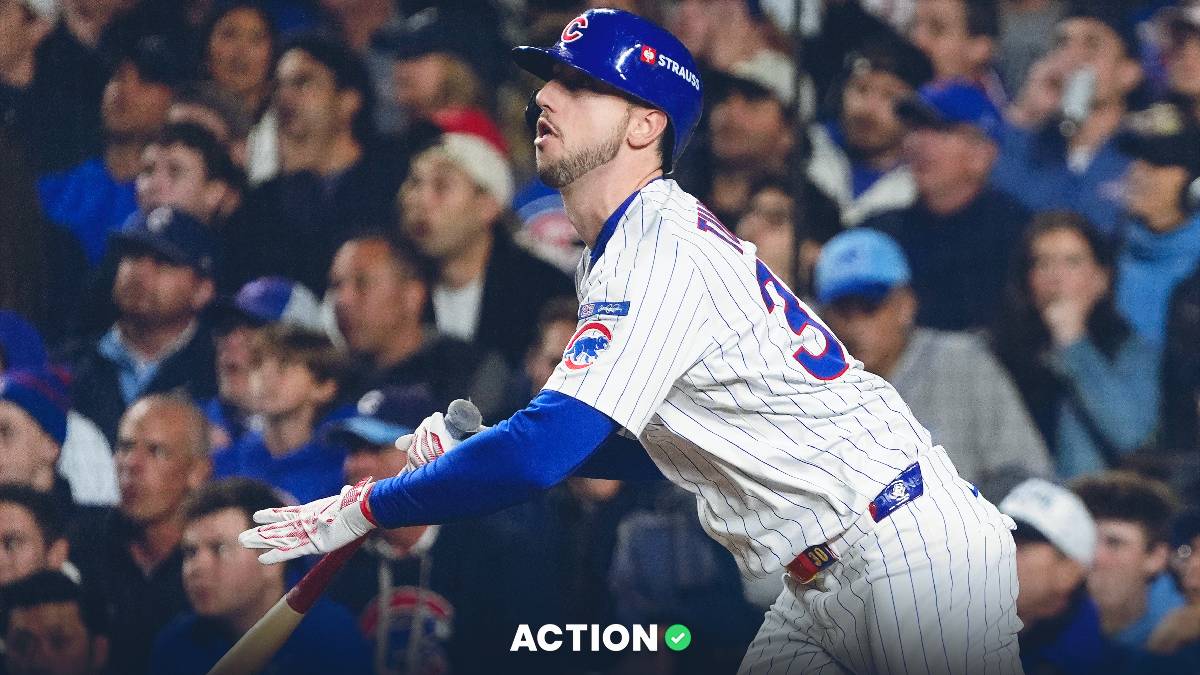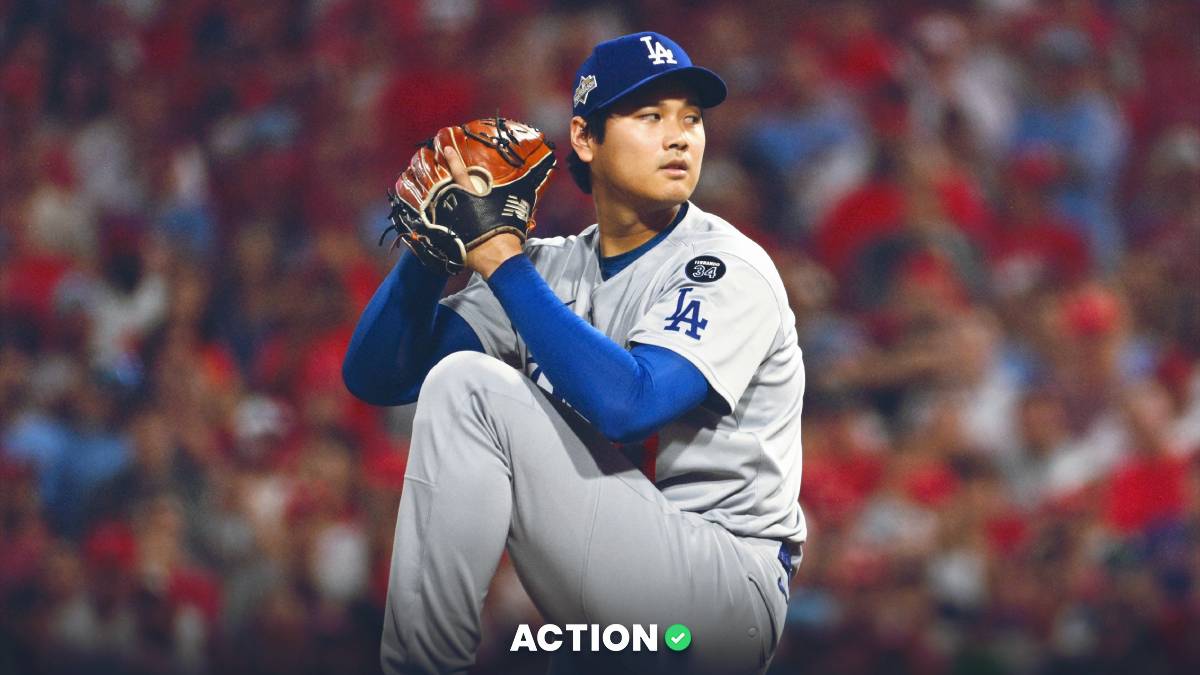Major League Baseball has been around for a long time. And while many things have changed about the game through different eras, one thing has remained completely consistent over time: the value of home-field advantage.
Regardless of which decade you analyze, home-field advantage in baseball has remained at right around 8%. It doesn't matter if road teams were traveling by train or jet, the home team continues to win about 54% of games over time.
Despite having an inherent advantage for playing at home by batting last, HFA in MLB is the lowest of the four major sports. The 54% win percentage implies that the crowd, umpire bias, park familiarity, ability to bat last and other home factors swing the result in only one out of every 12 or so games.
It's also more predictive for an upcoming season than a team's home record in the previous season.
For example. between 1910-1919, home teams had a winning percentage of approximately 54%, which mirrors the percentage we see in our Bet Labs database since 2005.
Now, there are obviously exceptions for teams with unique home-field advantages due to other factors such as altitude or quirky parks but 54% is a safe assumption in general.
As you can see above, that home-field edge increases in the postseason as it does in three of the four major sports, with the NHL as the lone exception.
There are various reasons for home-field advantage becoming more meaningful in the playoffs but the two that stick out to me are:
- Crazier home crowds. Despite the technological revolution, everyone still wants to go to a playoff game. Players on the home team can feed off of this energy and opposing players could potentially wilt under pressure.
- Similarly, with more raucous crowds can more easily sway umpires to make a borderline call in favor of the home team. Now, this human bias has been diminished on some plays with the introduction of replay but it still occurs with umpires calling balls and strikes behind home plate.
You also have to account for the effect of the superior team (which usually has home-field) getting more homes games over time. I personally assume a 10% home-field edge (or 55% win percentage) holding everything else constant in a vacuum in all playoff games leading up to the World Series.
World Series Bump
Historically speaking, home-field is worth even more in the World Series.
Since the American League and National League split into separate divisions in 1969, home teams have won 59% of World Series games but only 53% of Division Series contests.
And dating back to 1995, after the strike and realignment, teams with home-field advantage have won only 52% of League Division Series (52-48). Meanwhile, teams with home-field advantage in the World Series have become champions over 59% of the time since 1925.
Why is this the case? Well, the reasons I mentioned above (home crowd/umpire bias) are at their peak on baseball's biggest stage. But more importantly, home teams have the advantage of playing under their league rules and have done so since the early 1970's. A few of the primary reasons why this may adversely effect the road team include…
- American League managers aren't used to managing with NL rules (and vice versa)
- AL pitchers aren't used to hitting, bunting and running the bases
- National League rosters are built for lineup depth, not for having nine hitters in the lineup at all times like an AL team must do with a Designated Hitter. That ninth hitter will usually be stronger for an American League team.
- AL teams playing in NL parks without a DH may have to hurt their defense to get one of their best bats in the lineup.
There's also greater park unfamiliarity when playing across leagues — especially early on in the series.
Since 2005, home teams in the World Series are 44-33 (57.1%). If a $100 bettor backed every single home team in the World Series blindly over that span, they'd have an ROI of slightly over 2%.
I do think the home team in the World Series has an additional 1-2% postseason edge for the reasons I highlighted, especially early on in the series.
However, that's in general terms. It still depends on the actual matchup. For example, if I have Madison Bumgarner in an NL park with no DH playing against a life-long American League pitcher that can't handle the bat, that will obviously hold more weight than two equal pitchers at the plate.
How It Impacts This Series
We have two pitchers that can handle the bat with Houston's Zack Greinke and Washington's Stephen Strasburg. However, since Strabsurg is set to pitch Game 2 in Houston and Greinke Game 3 in DC, the Nationals will have less of a potential advantage at home with the NL rules.
More interesting to me is what Houston will do with Yordan Alvarez in Washington. Will the young phenom, who is DH'ing in the seven spot in Game 1, sit or play in left field when in DC. And on the other side, who will the Nationals use as their DH each game in Houston?
I imagine they may rotate based on matchups (or go with Howie Kendrick to get him out of the field) but it's something to keep an eye on as they do have a decent number of options.
All in all, it doesn't seem like a series with an abnormally large home-field edge in either park.
Since the Nationals are such significant underdogs in Game 1 it's worth noting that road dogs of +150 or higher in the MLB playoffs are 39-79 (33.1%) since 2005, including just 6-14 in the Fall Classic.
Game 7 Randomness
Two seasons ago, the Astros pulled out a road win in the 40th "winner-take-all" game in World Series history. Home teams in World Series "winner-take-all" scenarios now own an overall losing record of 19-20 after the Cubs and Astros won two of the past three World Series in Game 7's on the road.
I just think this is a case of randomness in a small sample size — similar to the Wild Card home-road splits. One could argue the home team may have more pressure and get tighter in this specific situation but we should still see home teams in Game 7 win at least 55% of the time with a larger sample size.
Regardless of what you believe about Game 7's, let's hope we get a chance to argue about it again this year.


